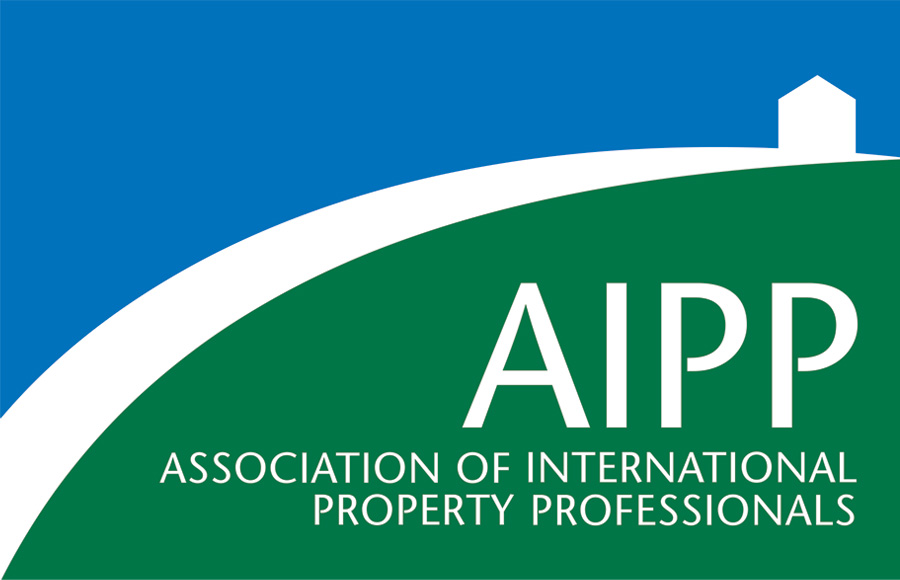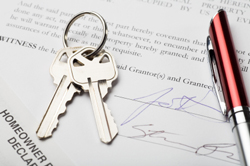0034 686009408
info@villasolrealestate.com


1. Property Search and Selection:
Begin by searching for properties that meet your criteria. Use the expertise and experience of Villasol Real Estate to find listings that match your specific requirements.
2. Reservation Contract (Contrato de Reserva):
Once you've found a property, you will be requested to sign a reservation contract, via the agent and the seller. This contract typically involves paying a reservation deposit, between (3,000 and 5,000 euros), to reserve the property, removing the property from the market, for an agreed period of time, usually 14 to 21 days.
3. Due Diligence and Legal Checks:
Conduct thorough due diligence on the property, which may include checking its legal status, verifying property boundaries, and ensuring there are no outstanding debts or encumbrances.
We recommend you should engage a local lawyer (abogado), who specializes in real estate transactions, They will help you navigate all the legal aspects of the purchase. Villasol Real Estate, can recommend highly qualified and experienced lawyers, in Nerja to assist you. You will require an NIE number, which is a unique identification number, (numero de identification extranjera), which will be necessary for you to complete the purchase, paying the taxes to the Spanish
authorities.
4. Private Purchase Contract (Contrato Privado de Compraventa):
After completing your due diligence, you and the seller will typically enter into a private purchase contract. This contract outlines the terms and conditions of the sale, including the purchase price, inventory of items which are included, payment schedule, and the completion date at the notary. At this stage, you will usually be required to pay a significant deposit, which can range from 10% to 30% of the purchase price for new developments.
5. Mortgage Approval (if applicable):
If you plan to finance your purchase with a mortgage,in Spain, this process can take some time, so it is important to start early, if financing is needed. Villasol can introduce you to local banks, and or mortgage advisors who can help
6. Notary Public and Escritura (Public Deed):
The final step in the process is the signing of the escritura (public deed) before a notary public. This is the official transfer of ownership from the seller to the buyer. Both parties, or their legal representatives, must be present at the notary's office to sign the deed. You'll need to provide identification documents, and the remaining balance of the purchase price, along with any associated fees and taxes, will be paid at this time.

7. Property Registration and Taxes:
The notary will handle the registration of the property with the local property registry.
You will be responsible for paying various taxes, including the Property Transfer Tax (Impuesto de Transmisiones Patrimoniales) or Value Added Tax (IVA), depending on the property type and location. Stamp duty and notary fees also apply. Typically allow between 8% and 10%, to cover your purchase costs
8. Change of Utility Contracts:
After the purchase is complete, you should transfer utility contracts (water, electricity, etc.) to your name, usually this will be covered by your lawyer.
9. Community Fees and Other Expenses:
If the property is part of a community, you will be responsible for paying community fees, you will also need to pay IBI tax on a yearly basis.
10. Ongoing Property Ownership:
Remember that as a property owner, you will have ongoing responsibilities, such as property maintenance, property tax (Impuesto sobre Bienes Inmuebles), and potentially income tax for rental income if applicable.
It's crucial to work with professionals who have expertise in Spanish property law and Andalucia's specific regulations to navigate this process successfully. Additionally, the deposit requirements can vary, so you should discuss this with your agent and or your legal advisor to determine the specific terms for your purchase.